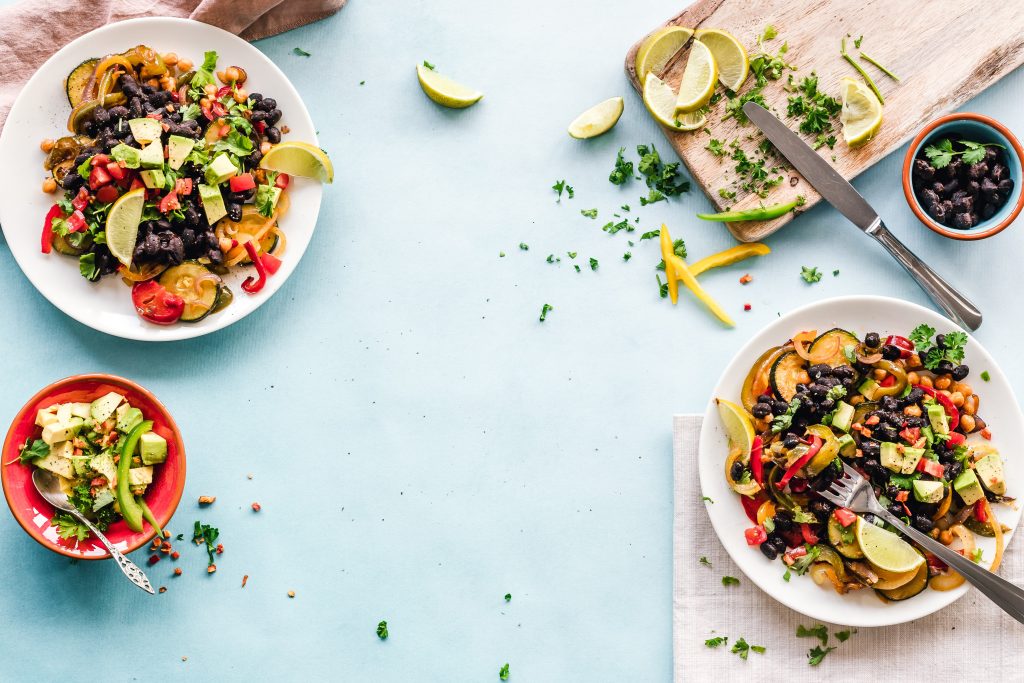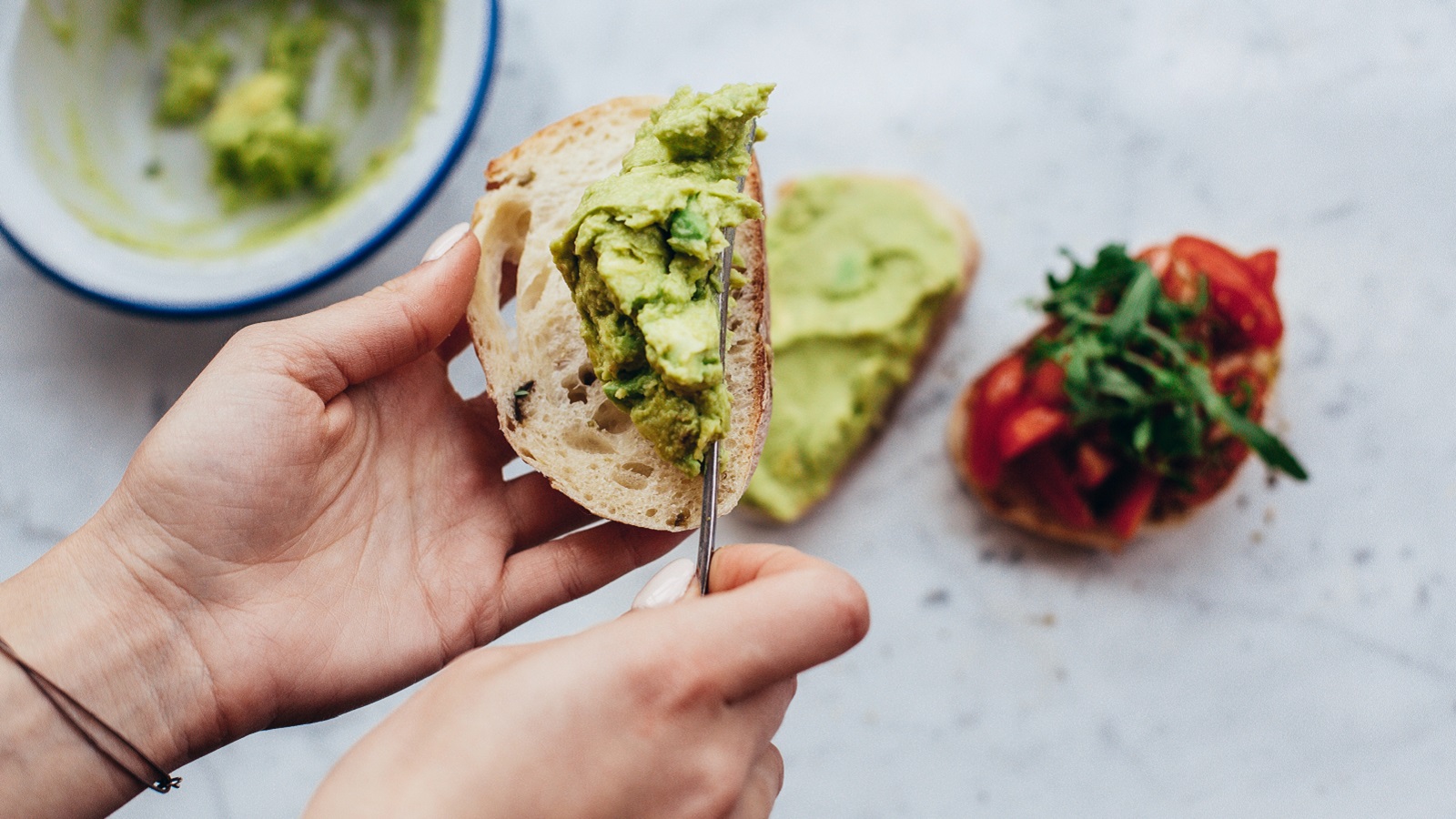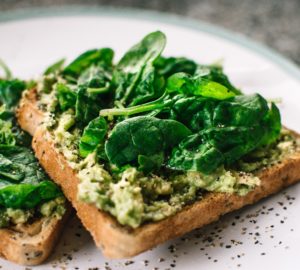January is the time of the year when our wallets are emptier than ever.
That said, no matter how tight money is, we still want to make sure we’re eating plenty of healthy, nutritious foods.
The good news is that eating well for less is totally possible – if you make wise grocery shopping choices! We’ve compiled the best money-saving tips for food shopping that’ll help you do that:

-
Shop only once a week
You’ll be in much better control of your money if you only shop once a week rather than keep popping in for top-up shops.
-
Always shop with a list

Go to the grocery store armed with a list of things you need – not to browse and pick up whatever catches your eye. That’ll help you stay organized and stop you from overspending.
-
Don’t shop when you’re tired
This may sound silly but trust us – doing your grocery shopping when you’re feeling super tired after a long and busy day is a sure way to waste some money. You’ll grab things you don’t really want and need just to be out of the store quicker. Instead, why not do your weekly grocery shop on the weekend, when you’re feeling rested and energized?
-
Buy frozen fruit and veggies

Fresh produce is great – but frozen fruits and vegetables are a more budget-friendly and convenient alternative. In fact, some research even suggests that frozen fruits and veggies help people in the U.S. achieve their nutrition goals! And if you’re worried about losing nutrients, a study by Leatherhead Food Research showed that frozen samples of fruits and veggies actually had more nutrients than fresh samples!
-
Make extra and eat the leftovers

Consider doubling (or tripling) your plant-based dinner recipes so that you have leftovers to eat for lunch or dinner the next day – or freeze your extras for a quick, delicious, and tasty meal another day!
-
Buy in bulk or get the family pack
Buying snacks like nuts and dried fruit in bulk or jumbo packs is often more economical. Do keep in mind expiration dates and make sure you use up what you buy to avoid unnecessary food waste. One way to make the most of buying a little extra is to split the package into snack size portions to take on-the-go.
-
Plan your meals in advance
If you take one tip away from this list, then let meal planning be it.
Planning your meals is a fantastic way to make sure you’re eating a balanced and healthy diet, as well as not overspending on food. Knowing exactly what to buy each week (and how much of it) will save you time, money, and energy – as well as ensure you fill your plate with essential vitamins and nutrients you need to stay healthy.
View this post on InstagramA post shared by Wholesome Culture (@wholesomeculture) on
And if you’re interested in giving meal planning a go, we have just launched our first meal plan, “Go plant-based: Your 7-day kickstart meal plan!”
Designed to make adopting a plant-based diet easier, the plan includes 21 super tasty, nutritious, quick, and easy recipes for breakfasts, lunches, and dinners!









